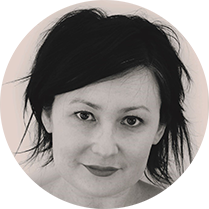
Tania Davidge
Tania Davidge is an architect, artist, educator, writer and researcher. She is interested in the relationship of people and communities to architecture, cities and public space. Tania is the co-founder of OoPLA (formerly OpenHAUS) and the president of Citizens for Melbourne, the public space advocacy group who ran the ‘Our City, Our Square’ campaign opposing the demolition of Federation Square’s Yarra building and its replacement with an Apple store.